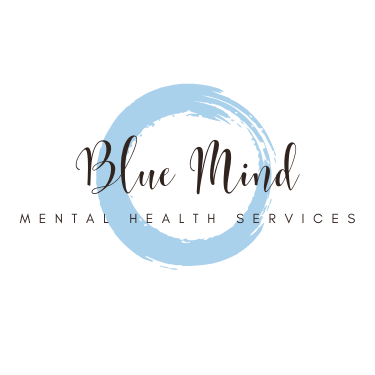
Therapy for Trauma & PTSD
Trauma is not what happens to you. Trauma is what happens inside you as a result of what happened to you.
Trauma is about your wounds and how you experience them. These injuries can be difficult to live with because they rewrite how our body and brain interprets information.
It can feel like a mine field of triggers and even feel unsafe to feel things. You can lose trust in your own system, and think that who you are is somehow wrong. You might feel like you're constantly on alert, waiting for the next threat. You might have flashbacks that transport you back to painful moments, or you might feel emotionally numb, disconnected from yourself and others. However, your symptoms aren't signs of weakness or brokenness. They're actually your nervous system trying to protect you from a perceived danger. The problem is that these protective mechanisms can persist long after the threat has passed, making you feel trapped in survival mode.
Healing on your own can be tough because you think you have to be different than who you are. You may even think you have to be a perfect version of yourself. But this perfect you doesn't exist so you get stuck.
Trauma affects every part of you. Common responses include:
Re-experiencing intrusive memories or flashbacks, feeling like it's happening again
Emotional or physical reactions to reminders
Avoiding thoughts or feelings about the traumatic experience
Staying away from places, people, or activities that remind you
Difficulty remembering important aspects
Emotional numbing
Social withdrawal and isolation
Hyperarousal, Always being on guard or alert, constantly on edge
Irritability or angry outbursts
Negative beliefs about yourself or the world
Persistent guilt, shame, or blame
Feeling detached from others
Inability to experience positive emotions
How Can Trauma Therapy Help?
You don't need to share details of your trauma to heal from it. Trauma-informed therapy focuses on your present-day symptoms and nervous system regulation, not on forcing you to relive painful memories.
The reality is we can’t control many events that happen to us. But we can control our response to its effects. With the proper tools, you can learn to manage your trauma and cultivate new ways of relating.
Therapy provides the safety to explore and heal. It validates why you’re feeling the way you do. It allows you to show up for yourself and to understand that you are not wrong inside.
Therapy helps improve emotional regulation when faced with triggers and feelings of shame, sadness, or stress.
Therapy helps confront the basis of your fear to help you overcome the avoidance that developed after the trauma.
It teaches you tools to regulate your nervous system. This interrupts involuntary trauma responses before they become too distressing.
Blue Mind Mental Health Services takes an evidence-based approach to prioritize safety, choice, and nervous system regulation. Healing happens at your pace, with your autonomy always respected. We at Blue Mind Mental Health Services offer virtual therapy throughout Canada, to help you reduce traumatization, in the mind and the body.
If you feel that something from your past is affecting your current life, trauma-focused therapy might be a good option for you.
Healing is possible. We'll help your nervous system learn that you're safe now. If you are struggling with difficult emotions, maintaining relationships, and are lacking safety and well-being due to your past experiences, it may be beneficial to seek support from a trained professional. Book a complimentary consultation to learn how we can help.

